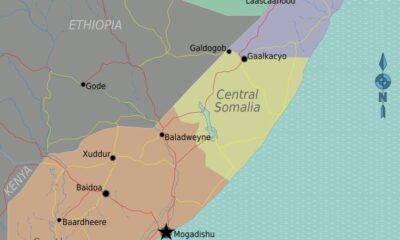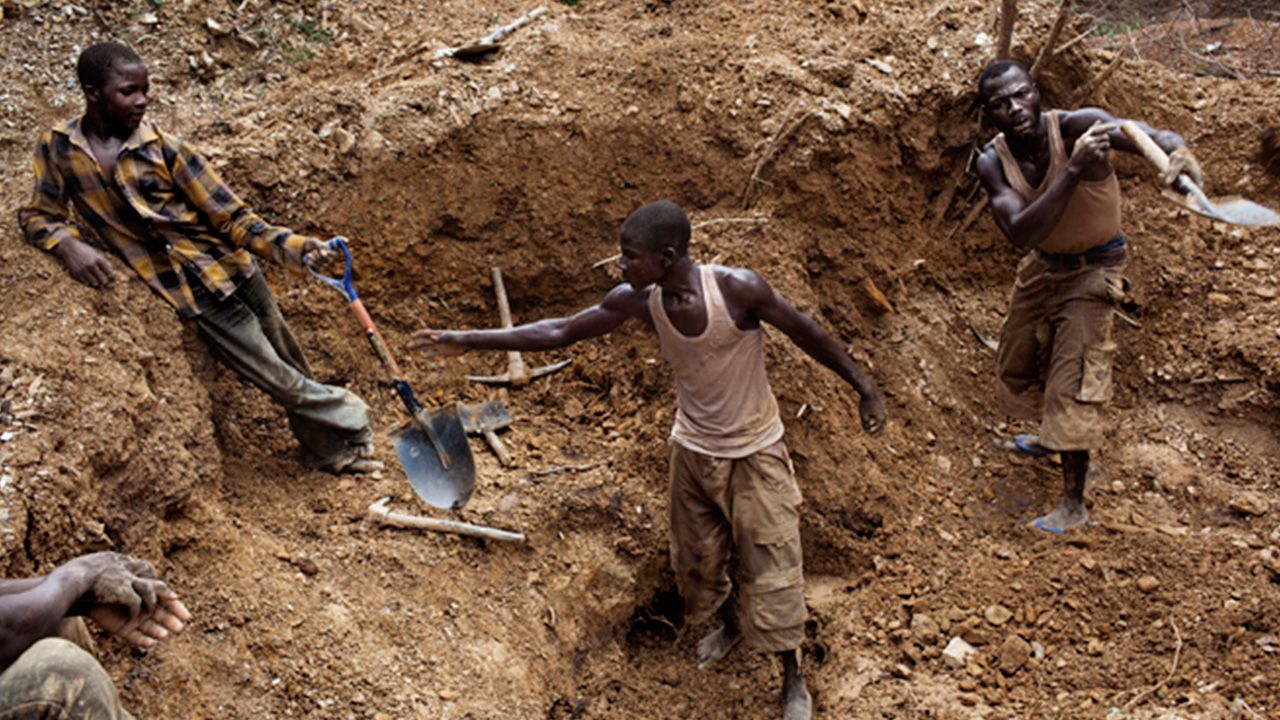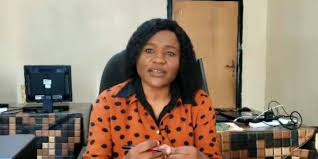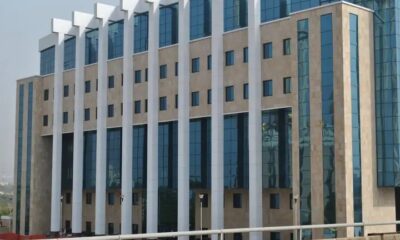Chama Mwansa, Executive Director of the Chandarika Women and Youths Foundation, has attributed media biases to the similarities in coverage between private and state-owned media outlets.
Mwansa spoke with Zambia Monitor in an interview in Mansa, Luapula province.
She dwelt on the importance of media freedom, freedom of speech, and digital rights in promoting social and economic development.
Mwansa said, “The media plays a crucial role in society. Media freedom allows for comprehensive coverage of various perspectives, whether from the opposition or the ruling party.”
She noted the importance of media partnerships in facilitating coverage of events such as International Women’s Day, emphasizing the necessity of media freedom for objective reporting.
However, Mwansa pointed out issues contributing to media bias in the country, noting the tendency for certain media outlets to be perceived as aligned with either the government or the opposition.
This alignment, she argued, could limit journalists’ ability to cover events objectively, as they may face obstacles based on perceived biases.
Regarding freedom of expression, Mwansa emphasized the need to address the underlying causes of media bias, which can inhibit individuals from expressing themselves freely without fear of being labeled.
She called for a mindset shift to promote freedom of expression, particularly within the NGO sector, where individuals may face undue criticism based on perceived political affiliations.
On the topic of digital rights, Mwansa highlighted the benefits her organization has experienced, particularly through social media platforms like Facebook.
She noted that social media had enabled increased visibility of their activities and facilitated the reporting of gender-based violence cases that were previously hidden.
Mwansa noted the importance of media freedom, freedom of expression, and digital rights in fostering a more inclusive and informed society and called for a collective effort to address biases and promote a more balanced media landscape.
This story is sponsored content from Zambia Monitor’s Project Aliyense.

 Musings From Abroad2 days ago
Musings From Abroad2 days ago
 Tech2 days ago
Tech2 days ago
 Culture2 days ago
Culture2 days ago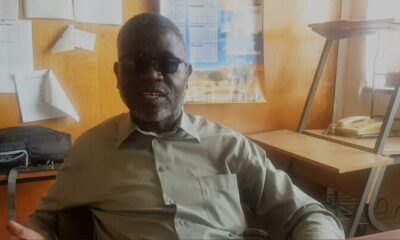
 Politics2 days ago
Politics2 days ago











